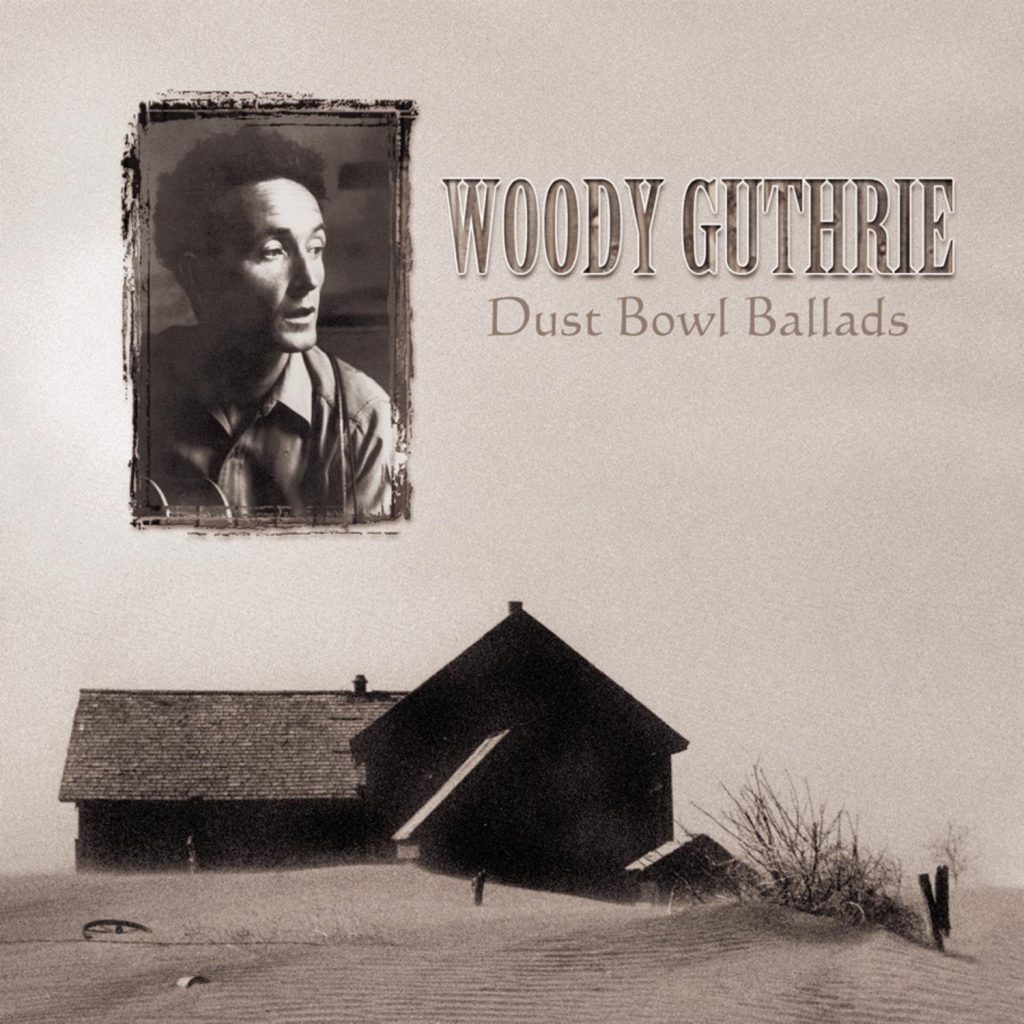
Jazz can be hard. Music doesn’t have to be hard. It’s music, a universal human art-form that has been around forever. But sometimes, music can get complicated. Someone who knows what’s going on can appreciate the works of Johann Sebastian Bach in the way he uses mathematical parallels in tonality and recursive melodies in his fugues and Brandenburg concertos, but to the uninitiated, it’s all rather quite overwhelming. The same goes for jazz. With its complex voicing, chord structures, and its emphasis on off-the-cuff improvisation, jazz can often come across as hopelessly opaque and bewildering to people who are not used to it. And I totally understand that. Listening to all of these albums in chronological order means that I have a lot of jazz front-loaded into the list, and that was certainly intimidating at first. But jazz, for all of its convolutions, has the ability to captivate and bewitch those who have become dissatisfied with other types of music. Jazz as a genre is fundamentally different than the vast majority of genres that came before and after, and it can grab you the way it grabbed Reinhardt and Grappelli.
Meet Django Reinhardt. A Romani-born man, he grew up living the traditional lifestyle of his people – in caravans, on the road, playing music, usually with traditional European string instruments. Reinhardt showed great and amazing talent as a guitarist from early on, a talent that was almost taken away from him permanently when his left hand was irreparably damaged in a caravan fire. But Reinhardt, being the sort of musician that he was, relearned the guitar, using only his thumb, index, and middle fingers to press the strings, becoming even better than he used to be, even when starting again with less. Django eventually left the Romani life and began to busk full-time, and then one day he heard records of American icon Louis Armstrong that changed his life. Reinhardt set himself to learning this new music, “jazz”, for himself, and it was during that time that he met Grappelli.
Meet Stephane Grappelli. His life is something like myth: a father off fighting World War I, a childhood in a brutal orphanage under horrid conditions. Upon his father’s return, Grappelli received a violin, and he began to teach himself, fascinated with the life of buskers who made their money playing on the street. Grappelli’s musical outlook changed upon hearing American violinist Joe Ventui play a standard called “Dinah”. You see, the thing about jazz in those days is that it was very much American, and very much lacking in string instruments, especially guitar and violin. But Grappelli and Reinhardt sought to change that, and, finding a musical kinship, formed the Quintette du Hot Club de France, an all-string European jazz band. The group disbanded at the start of World War II, but Reinhardt and Grappelli got back together afterwards and toured extensively, a time during which the recordings of Djangology were created. These recordings were never compiled and released as a whole until 1961, but the collection gives us more than an hour of some of the earliest gypsy-jazz guitar and violin from two of the most talented and influential jazz musicians of all time.
And this is where I kind of come back to jazz being hard. Djangology will probably work better as background music for most of you. Sometimes, it does for me. But sometimes, I listen closely and it blows me right over. Reinhardt’s guitar playing is more than amazing, and it’s actually more than more than amazing because he’s playing all of his solos with only three fingers! That alone should be enough to encourage you to listen a little bit more closely. You may not always understand the scales, voicings, and turnarounds that Reinhardt uses to create an inventive, wonderful solo, but it will sure be fun to listen to if nothing else. The same goes for Grappelli’s violin as well. Their Romani-inflected jazz joy romp, when you peer under the surface, is actually quite engaging and engrossing. Several of these songs are originals and have since become standards, like “Minor Swing” and “Heavy Artillery”. Others are cover recordings of standard classics like “Beyond the Sea” and “I Got Rhythm”, which are brought to life in a new European way through Djangology’s incessant invention. Other songs still are jazzed up versions of classical pieces by Pyotr Tchaikovsky. Djangology is a record of reckless, ruthless experimentation. For Reinhardt and Grappelli, nothing was sacred, but jazz could assimilate just about anything and turn it into something new. It’s an enduring quality of the genre that has influenced jazz musicians from that period of time onward, especially Miles Davis’ later work.
If anything, Djangology is a great introduction to jazz (though I would also recommend the recordings of Louis Armstrong and the Hot Fives and Sevens) because it allows you to discover jazz alongside two great musicians discover it as they play. Peer through this window into post-war Europe and see Grappelli and Reinhardt trading off solos, tinkering with songs and style, creating something altogether new and wonderful in the process.
